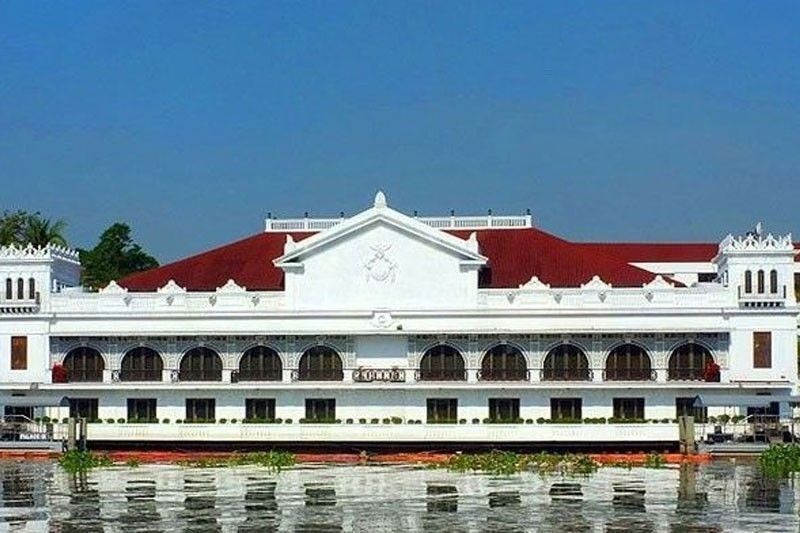Palace downplays fears of recession

MANILA, Philippines — Citing the resilience of the economy, Malacañang yesterday downplayed fears that the Trump administration’s slapping of a 17-percent tariff on Philippine exports to the United States would result in a recession in the Philippines.
“Definitely, the administration of President (Marcos) will not allow that to become the result. What we can see now is that the Philippine economy is resilient,” Palace press officer Claire Castro said in an interview over Teleradyo yesterday.
US President Donald Trump has unveiled a raft of punishing tariffs targeting countries, including the Philippines and some of its closest trading partners, in a move that risks sparking a ruinous trade war.
Speaking at the White House Rose Garden against a backdrop of US flags on Wednesday, Trump slapped the most stinging tariffs on China and the European Union on what he called “Liberation Day.”
“We are primarily driven by domestic demand rather than export. We will be affected, but we should look at this in a positive way. First, we are the second lowest, 17 percent and at the same time, we will have a competitive edge, particularly the Philippine garment export as the tariffs imposed on our neighboring countries like China and Vietnam are higher. Ours is still lower, so we may have a competitive edge,” Castro added.
She said the government should also take advantage of the lower tariff imposed by the US to attract more investors.
“If the tariff here is lower compared to our neighboring countries, it could attract investments like for manufacturing, they may avail of the lower tariff on us by the US,” Castro added.
She said the government should accept the policies of the US.
“We just need to be more competitive. For our exports, there is a need to have rerouting, where countries offer lower tariffs and we should produce more products,” she said.
Chiz: Brace for impact
Despite the Palace’s assurances, Senate President Francis Escudero has urged the country’s economic managers to brace for the impact of Trump’s tariff of 17 percent on Philippine exports.
“What are the pains and what are the gains, if any, that we should expect? Will it be an economic earthquake that will shake our economy to its foundations? Or will it just be a slight tremor that will not cause any harm?” Escudero said.
He cautioned against a “rushed retaliatory response” because a trade war would only increase prices of goods and unduly burden Filipino consumers.
“Any tariff raised is a pass-on tax to our already overtaxed people,” Escudero said.
He cited soybeans, a key import from the US used in local animal feed, as a commodity that could see an increase in price in case of retaliatory tariffs.
“This means prices of goods will also increase, because $1 in every $6 of the country’s export earnings comes from our trade with the US,” Escudero said.
In 2024, the Philippines exported $14.2 billion worth of goods to the US, while importing $9.3 billion, resulting in a $4.9 billion trade surplus.
In February, the Philippines exported nearly $1 billion worth of goods to the US, surpassing other key trading partners like Japan, Hong Kong, China and the Netherlands.
“I am sure our economic managers have considered this possibility and will act accordingly with dispatch. They have my full trust and confidence on how to minimize the pain and maximize the gain,” Escudero said.
“Any upheaval carries opportunities, and I know that we will be able to spot it, seize it and skillfully navigate the new economic terrain and exploit it for our gain,” he added. — Marc Jayson Cayabyab
- Latest
- Trending





























